How to Tailor Your Resume to a Job Description
By Nicole Martin
Your resume should make it obvious that you’re the right candidate for the job. In order for that to happen, you need to make sure your resume not only checks off the requirements and responsibilities listed in the description of the position, but that your corresponding skills and qualifications are instantly identifiable. The best way to ensure this occurs is to tailor your resume to match the description of each job to which you are applying. This may seem like a lot of work, but I can’t stress enough just how important it is for you to do so.
Recruiters spend an average of just 7.6 seconds reviewing a resume. They quickly skim to see if your credentials match what they’re looking for. If this isn’t enough to convince you to tailor your resume, here’s something else to ponder: a recruiter may never even see your resume if the company uses applicant tracking software. Why? Because that software can automatically reject a resume based on set specifications. The recruiters set parameters and the bots filter out applicants based on how well a resume aligns with the job requirements. The bot looks for specific keywords when making its decision and can flag or dismiss a resume, preventing a human from ever seeing it. Tailoring your resume to the job position will boost your chances of passing the initial computer/recruiter scan test.
Resume Tailoring Tips
To modify your resume to get noticed, follow my tips below.
Carefully Review the Job Description
Thoroughly read through the job description, highlighting the following:
- Responsibilities
- Skills
- Abilities
- Experience
- Education
- Qualities
- Training
Pay careful attention to the responsibilities listed, as these often disclose the type of skills the employer is looking for without overtly stating them. For example, if the description says that the applicant must be able to “lead teams on various projects meeting set deadlines”, you can infer that they are looking for people who have leadership, team management, project management, and time management skills.
When reading through the description, take notes on the specific words and phrases used in reference to responsibilities, skills, experience level, certifications, years in the industry, etc. You will want to make sure to add these, and variations of them, to your resume
Also note the order of the responsibilities and skills listed. This indicates what is a priority for the employer and you will want to mirror that order on your resume.
Compare Your Resume to the Description
Now, compare all of the data you gathered to the information you have on your resume. Highlight what matches and identify what you are missing.
Tweak your resume as needed to call attention to all of the key qualifications
Leverage Your Resume’s Summary
The summary is the first thing a recruiter will see. This is where you want to showcase your skills, qualities, and accomplishments using the words and phrases you gathered from the job description. I also like to mention the position title in this section to demonstrate real interest.
Carefully Craft Your Work History
When comparing your resume to the job description, determine which responsibilities, skills, and accomplishments align with what the employer is looking for. Create bullets using the words and phrases you have identified to make them stand out. Prioritize the bullets to correspond with the order within the job listing, even if this order doesn’t reflect your main responsibilities. Remember, you are tailoring your information to the open position.
Showcase Requested Skills
Follow the same pattern when listing your skills. Use the words and phrases from the job description placing them in the order of priority. Any additional skills should be listed last.
Delete Non-Relevant Information
It isn’t necessary to include superfluous information. Be proactive and delete what doesn’t apply to the position. If you have a lot of experience, this includes minimizing content for old jobs that don’t align with or relate to the position, and maybe even removing them completely from your resume.
Use Formatting to Draw Attention
Lastly, take advantage of font styles, bold, italics, and underlining BUT don’t get creative. You want to call attention to your qualifications, but you need to keep things simple so your resume is easy for both recruiters and bots to read and understand.








